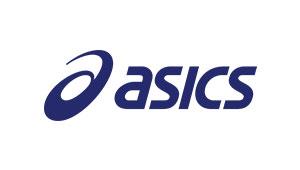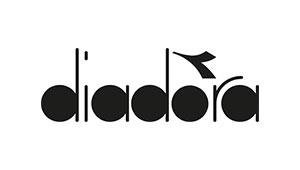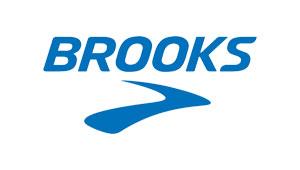Training for the 5K is pretty straight forward: a weekly long run and a weekly workout, and this simplicity suits beginning runners. Do those two things, then get in another day or two of running, and you can run a PR.
Build your long run up to 5 or 6 miles. Your main workout of the week should be a threshold or fartlek run to develop the aerobic metabolism, which is important because the 5K is 95 percent aerobic.
More: What Are Threshold and Tempo Runs?
Another reason beginning runners should start with the 5K is you can still do other cross-training activities while training for a 5K. You won't be running that much, so the yoga, biking, swimming, etc. will still fit well within your training.
More: 7 Cross-Training Exercises for Runners
Furthermore, sound 5K training won't take over your life like thorough marathon training, where you have to get in a few 20-mile runs, which take a lot of time to complete and recover from.
When to Move Up in Distance to the 10K
Once you've raced a couple of solid 5Ks, then you're ready to move to the 10K—even if you're still a beginner. The main reason for a beginner to run a 10K is the sense of accomplishment you get from racing 6.2 miles. It's a different sensation than running a 5K, and if you run it the smart way—even splits through 5 miles and then a negative split for the last 1.2 miles—you can feel great about yourself when you have your post-race snack.
More: Nutrition Recovery for Endurance Athletes
You will need to bump up the volume of the long-run day and the workout day for 10K training. Your long run should be at least 8 miles, and if you can get in 9 or 10, that's ideal. The workout should be a bit longer than 5K workouts as well, with the total mileage in the 6-mile range.
But the easy days can still stay easy, and don't have to be longer than the easy runs you did in your 5K training. If you can run a bit farther on your easy days, great, but that's not the key to racing a good 10K. Get a 10K-appropriate long run in, get a 10K-appropriate workout in, and you'll be ready to go.
More: 7 Tried-and-True Tools of 10K Training
It's important to note that some 10K training plans would have you working out three times a week. For the beginner, there is no need to add a third workout each week. But, when you start to morph into an intermediate runner, it may make sense to transition to two workouts a week and a weekly long run (so a total of three hard days a week).
At this point, a coach becomes valuable for the simple fact that you become fit and race well, you have to watch out for overuse injuries because you're running more. You also need someone to help you balance workouts that are challenging enough to elicit a training stimulus, yet timed to allow for recovery and regeneration. Put simply, the fitter and faster you become as a runner, the more complicated it is to run injury-free and to continue to improve with your "old" training.
More: Do You Need a Running Coach?
If you're a beginner and you're thinking about training seriously so you can race an event rather than just participate in one, consider starting with 5Ks. They'll teach you how to continue to run when you're uncomfortable. And if you like racing 5Ks, then you can take on the challenge of running 10Ks after you commit to bumping up the mileage of your long run and your weekly aerobic workout.
More: 10K Workouts for Runners of All Levels
 Download ACTIVE's Couch to 5K app for iPhone or Android
Download ACTIVE's Couch to 5K app for iPhone or Android- 2
- of
- 2
About the Author











Discuss This Article